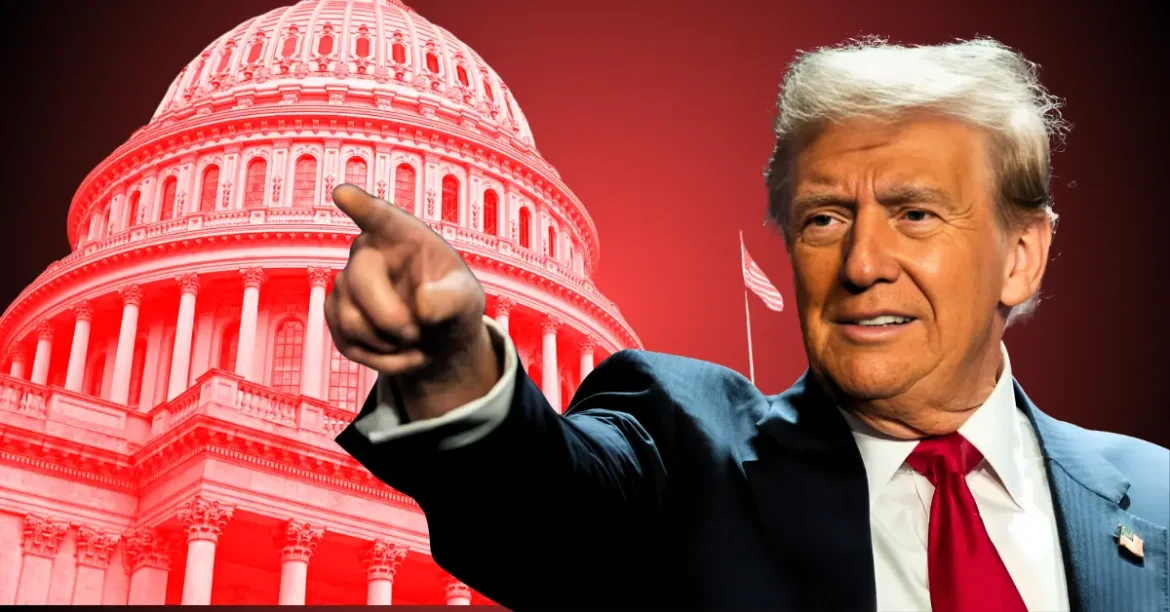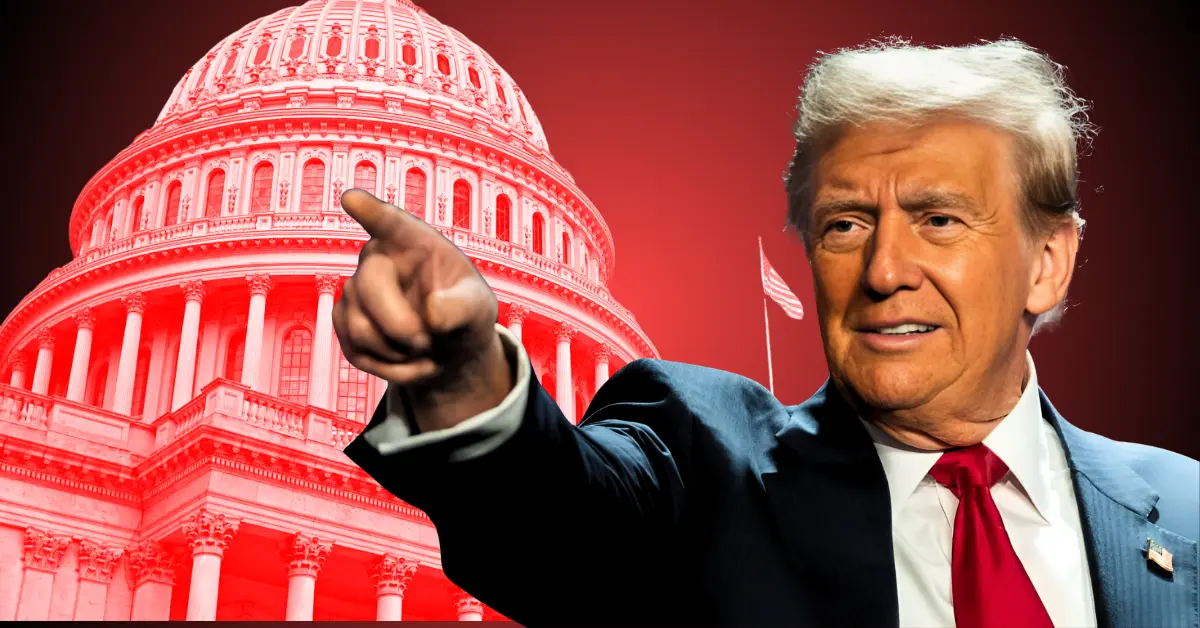A Convergence of Geopolitics and Digital Finance: Analyzing Trump’s Meeting with Pakistan’s Army Chief
The recent, and somewhat unexpected, meeting between former US President Donald Trump and Pakistan’s Army Chief, General Syed Asim Munir, at the White House has ignited a flurry of speculation. While framed as a potential thaw in relations after a 15-year period of distance, the meeting is inextricably linked to a controversial cryptocurrency deal involving a firm with ties to the Trump family, raising complex questions about the intersection of business, diplomacy, and national security. This analysis will delve into the key facets of this situation, examining the context, the alleged deal, the geopolitical implications, and the concerns it has generated.
A Rare Bilateral Engagement
The invitation extended to General Munir represents a significant departure from recent US-Pakistan relations. The meeting itself is noteworthy, given the historical context of interactions between Pakistani military leaders and US presidents – recalling visits from figures like Zia-ul-Haq and Pervez Musharraf. The timing, occurring amidst global instability including the Iran-Israel conflict, adds another layer of complexity. Initial reports suggest the agenda will encompass regional security, counter-terrorism cooperation, and a broader discussion of bilateral ties. However, the shadow of the cryptocurrency deal looms large, suggesting a more nuanced and potentially commercially-driven undercurrent to the discussions.
The Cryptocurrency Deal: A Closer Look
At the heart of the controversy lies a deal between World Liberty Financial (WLF), a US-based fintech firm reportedly with a significant stake held by the Trump family (estimated at 60%), and the newly established Pakistan Crypto Council (PCC). The agreement, formalized through a Letter of Intent in April 2024, aims to expand blockchain technology, promote stablecoin adoption, and integrate Decentralized Finance (DeFi) into Pakistan’s financial infrastructure. The PCC, a remarkably new entity, has positioned the deal as a pivotal step towards establishing Pakistan as a global leader in the digital finance revolution and capitalizing on its potential as a rapidly growing cryptocurrency market.
Crucially, General Munir’s personal involvement in welcoming a US delegation linked to Trump’s family during the signing ceremony has fueled speculation. This direct engagement by the Army Chief, a figure wielding immense power in Pakistan, raises questions about the level of state endorsement and the potential strategic implications of the deal. The timing of the endorsement, occurring shortly after the Pahalgam attack, has further amplified concerns.
Geopolitical Ripples and Regional Concerns
The deal and the subsequent meeting have not gone unnoticed by regional players, particularly India. Prime Minister Narendra Modi reportedly engaged in a detailed conversation with Trump regarding Operation Sindhu, underscoring India’s firm stance against terrorism and its rejection of any mediation efforts. The perceived alignment between Trump and Pakistan, coupled with the cryptocurrency deal, has understandably raised eyebrows in New Delhi.
Beyond India, the deal has attracted global scrutiny. The involvement of a US firm with ties to a former president in a significant financial undertaking in Pakistan, particularly one involving a nascent and largely unregulated sector like cryptocurrency, raises concerns about transparency, potential money laundering, and the possibility of circumventing international sanctions. Analysts suggest the deal could be a catalyst for broader discussions surrounding critical minerals and counterterrorism efforts, but the underlying commercial interests are undeniable.
Speculation and Potential Motivations
Several theories attempt to explain the confluence of these events. One posits that the cryptocurrency deal is a means of bolstering Pakistan’s economy, providing a new avenue for foreign investment and potentially circumventing traditional financial constraints. Another suggests that the deal is a strategic move by the Trump family to capitalize on the burgeoning cryptocurrency market in Pakistan, leveraging their political connections to gain a foothold in a potentially lucrative sector.
A more cynical interpretation suggests that the deal is a form of political posturing, with Trump potentially signaling a willingness to engage with Pakistan in exchange for favorable business terms or political concessions. The possibility of Trump attempting to mediate in the Kashmir dispute, hinted at in some reports, further fuels this speculation. The potential for the deal to influence future US policy towards Pakistan, particularly regarding counterterrorism efforts and regional security, cannot be discounted.
Beyond Cryptocurrency: A Broader Reset?
While the cryptocurrency deal is the most visible aspect of this unfolding situation, it’s likely part of a broader attempt to reset US-Pakistan relations. The meeting between Trump and Munir provides an opportunity to discuss a range of issues, including regional stability, counterterrorism cooperation, and the evolving geopolitical landscape in South Asia. The inclusion of discussions around critical minerals suggests a potential interest in securing access to resources vital for emerging technologies.
However, the shadow of the cryptocurrency deal casts a long shadow, raising questions about the motivations behind this renewed engagement and the potential consequences for regional stability and international norms. The lack of a published agenda only adds to the opacity surrounding the meeting.
A Delicate Balance: Navigating the Future
The meeting between Trump and Munir, and the associated cryptocurrency deal, represents a complex interplay of geopolitical strategy, commercial interests, and potential risks. The situation demands careful scrutiny and a nuanced understanding of the motivations of all parties involved. The long-term implications of this engagement remain to be seen, but it is clear that the relationship between the US and Pakistan is entering a new and potentially unpredictable phase. The convergence of digital finance and international relations underscores the need for greater transparency and accountability in these types of transactions, ensuring that they align with broader national security interests and promote regional stability. The delicate balance between economic opportunity and geopolitical risk will be crucial in shaping the future of this evolving dynamic.





